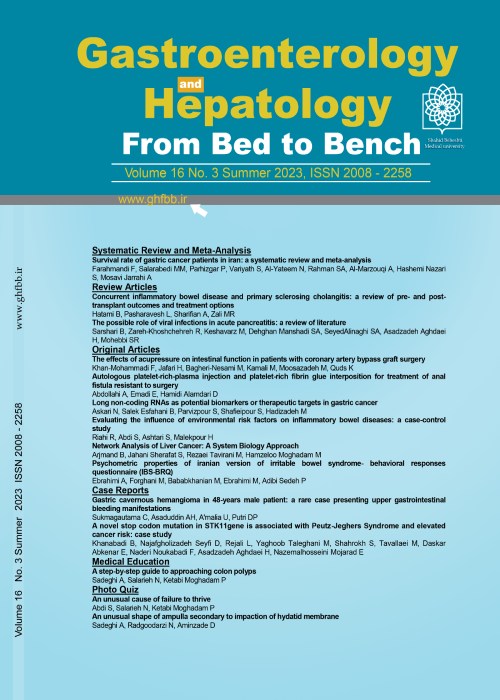Nutrition health issues in self- reported postpartum depression
Author(s):
Abstract:
Aim
In this retrospective survey women with and without self-reported postpartum depression (PPD) were compared in regards to consumption-frequency of foods and supplements rich in nutrients beneficial to nervous system (NS) health, in regards to consumption-frequency of compounds which may counteract the effect of the above and in regards to nutritional support provided to them during a pregnancy between 2003 and 2008.Background
Postpartum depression (PPD) is defined as a major depressive episode that begins within 1 month of delivery and is experienced by roughly 13% of mothers.Patients and Methods
Four Hundred participants were recruited through the internet. Data gathered via multiple choice questionnaires was statistically analyzed using SPSS and Statistical software; statistical procedures included discriminant analysis, Pearson's product moment correlation, independent t-test and cross-tabulations.Results
Out of 400 participants 83 (20.8%) were affected by self-reported depression after a pregnancy between 2003 and 2008. Depressed subjects consumed oily fish and offal significantly more often than non depressed subjects. Depression was more prevalent among women with vegetarian diets. No significant difference concerning food group intake or the ratios between foods rich in nutrients beneficial to NS health and foods rich in compounds antagonising their effect were found between depressed and non depressed subjects. Iron supplementation correlated positively with zinc supplementation in both groups. Roughly 70% of women reported to have received no information about n-3 fatty acid fish oils during pregnancy; informed subjects consumed fish oils more often. The majority of subjects with self-reported depression described nutritional support during pregnancy as inadequate.Conclusion
Within this Austrian sample, the prevalence rate of postpartum depression was high; while the consumption of oily fish and vegetarian diets negatively correlated with depression, Patient information positively correlated with the consumption of fish oil supplements. These results indicate that further studies will be required in order to establish the exact relationship between nutrition and mental health during and after pregnancy.Language:
English
Published:
Gastroenterology and Hepatology From Bed to Bench Journal, Volume:4 Issue: 3, Summer 2011
Page:
120
magiran.com/p872194
دانلود و مطالعه متن این مقاله با یکی از روشهای زیر امکان پذیر است:
اشتراک شخصی
با عضویت و پرداخت آنلاین حق اشتراک یکساله به مبلغ 1,390,000ريال میتوانید 70 عنوان مطلب دانلود کنید!
اشتراک سازمانی
به کتابخانه دانشگاه یا محل کار خود پیشنهاد کنید تا اشتراک سازمانی این پایگاه را برای دسترسی نامحدود همه کاربران به متن مطالب تهیه نمایند!
توجه!
- حق عضویت دریافتی صرف حمایت از نشریات عضو و نگهداری، تکمیل و توسعه مگیران میشود.
- پرداخت حق اشتراک و دانلود مقالات اجازه بازنشر آن در سایر رسانههای چاپی و دیجیتال را به کاربر نمیدهد.
In order to view content subscription is required
Personal subscription
Subscribe magiran.com for 70 € euros via PayPal and download 70 articles during a year.
Organization subscription
Please contact us to subscribe your university or library for unlimited access!


